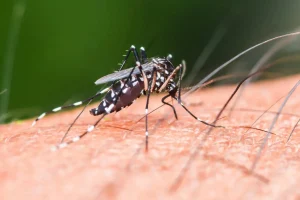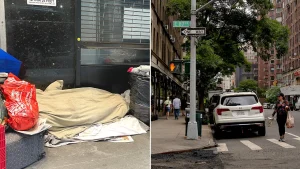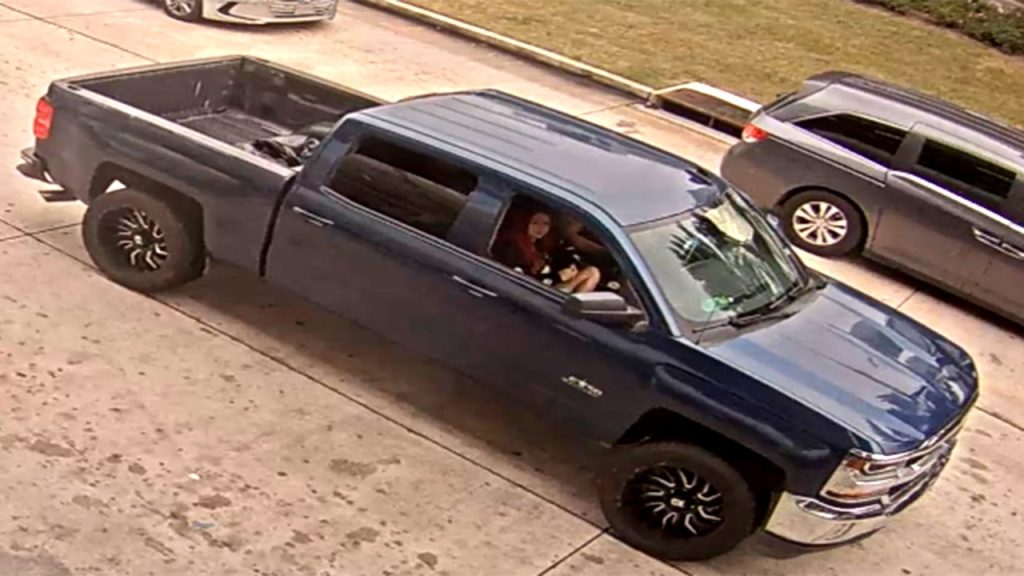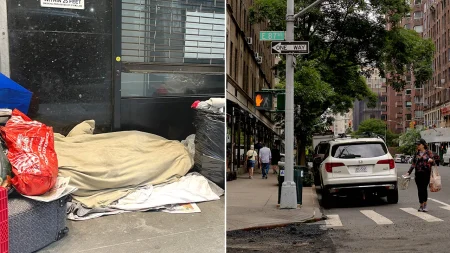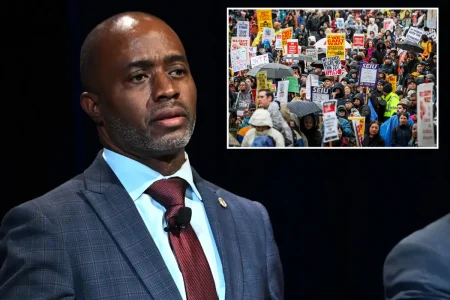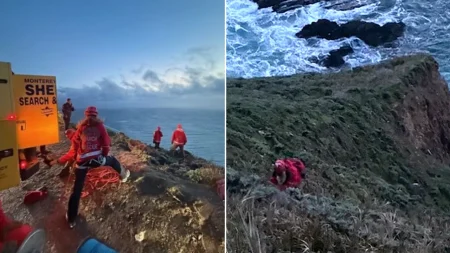Sex Trafficking Ring in Louisiana: A Disturbing Case of Exploitation
In a shocking case that highlights the dark intersection of illegal immigration and human exploitation, three individuals in Baton Rouge, Louisiana, have been arrested for allegedly operating a sophisticated sex trafficking ring. This disturbing operation, which used modern technology to advertise women like items on a menu, reveals the persistent threat of human trafficking even in smaller American cities.
The case began when the FBI received a tip containing screenshots from WhatsApp conversations. These messages, allegedly sent by Jesus Lopez (known as “El Perro”), contained images of scantily clad women who were available for sexual services. According to federal prosecutors, Lopez didn’t work alone – Zaira Lopez-Oliva and Kirsis Castellanos-Kirington allegedly assisted in managing various aspects of the operation, including transporting victims to and from the New Orleans Airport and maintaining two locations in Baton Rouge where the exploitation occurred. Surveillance footage captured Lopez-Oliva in a pickup truck with Lopez near the airport, providing evidence of their coordinated efforts. The three suspects, all reportedly in the country illegally, created a structured system that treated human beings as commodities, with clients ranging from 18 to 60 years of age paying between $40 and $60 for forced sexual encounters.
The victims’ stories paint a heartbreaking picture of vulnerability and coercion. When federal agents raided the house serving as the operation’s base, they interviewed multiple victims, including some who were also in the country illegally. One woman revealed she had been experiencing financial difficulties when a friend connected her with Lopez. Upon arriving in Louisiana, she discovered the true nature of the “work” – performing sex acts for male clients. The exploitative financial arrangement meant victims received little of the money paid by clients. One victim explained that she wasn’t paid at all on Mondays and Tuesdays, and on other days would only keep $20 from a $40 transaction, with Lopez taking the remainder. This economic exploitation is a classic tactic used by traffickers to maintain control over victims, creating dependency while maximizing profits.
Beyond the financial abuse, the case reveals the terrifying reality of how traffickers use threats and intimidation to maintain control. One victim told investigators she “was not allowed to leave or tell anyone what she was doing,” and if she revealed her situation to anyone, Lopez would “kill her.” This combination of isolation, threats of violence, and financial control forms the foundation of how trafficking operations maintain power over victims. The case also demonstrates how trafficking networks often target people in vulnerable situations – those with financial troubles, immigration concerns, or limited social support systems who might be desperate for income or afraid to seek help from authorities due to their immigration status. This vulnerability creates perfect conditions for exploitation, allowing traffickers to manipulate victims into situations they cannot easily escape.
The investigation culminated in serious federal charges against all three suspects: sex trafficking by force, fraud or coercion, as well as aiding and abetting. These charges reflect the gravity of their alleged actions and the recognition by federal authorities that human trafficking represents one of the most severe violations of human dignity and rights. The case also highlights how technology now plays a central role in modern trafficking operations. WhatsApp and similar platforms offer traffickers tools to advertise victims, coordinate operations, and communicate with potential clients while maintaining some anonymity. This digital dimension creates new challenges for law enforcement but also provides potential evidence trails that can help build cases against trafficking networks.
This Baton Rouge case serves as a stark reminder that human trafficking isn’t just an international or big-city problem – it exists in communities of all sizes across America. It underscores the importance of public awareness, as the initial tip to the FBI proved crucial in breaking open the case. Citizens who recognize suspicious activities or potential trafficking situations can play a vital role in helping authorities identify and shut down these operations. It also demonstrates the complex intersections between immigration policy, economic vulnerability, and exploitation – factors that must be considered in comprehensive approaches to preventing trafficking. As this case progresses through the justice system, it represents not just the prosecution of three individuals but a small part of the larger ongoing fight against human trafficking networks that continue to exploit vulnerable people for profit across the United States and around the world.
